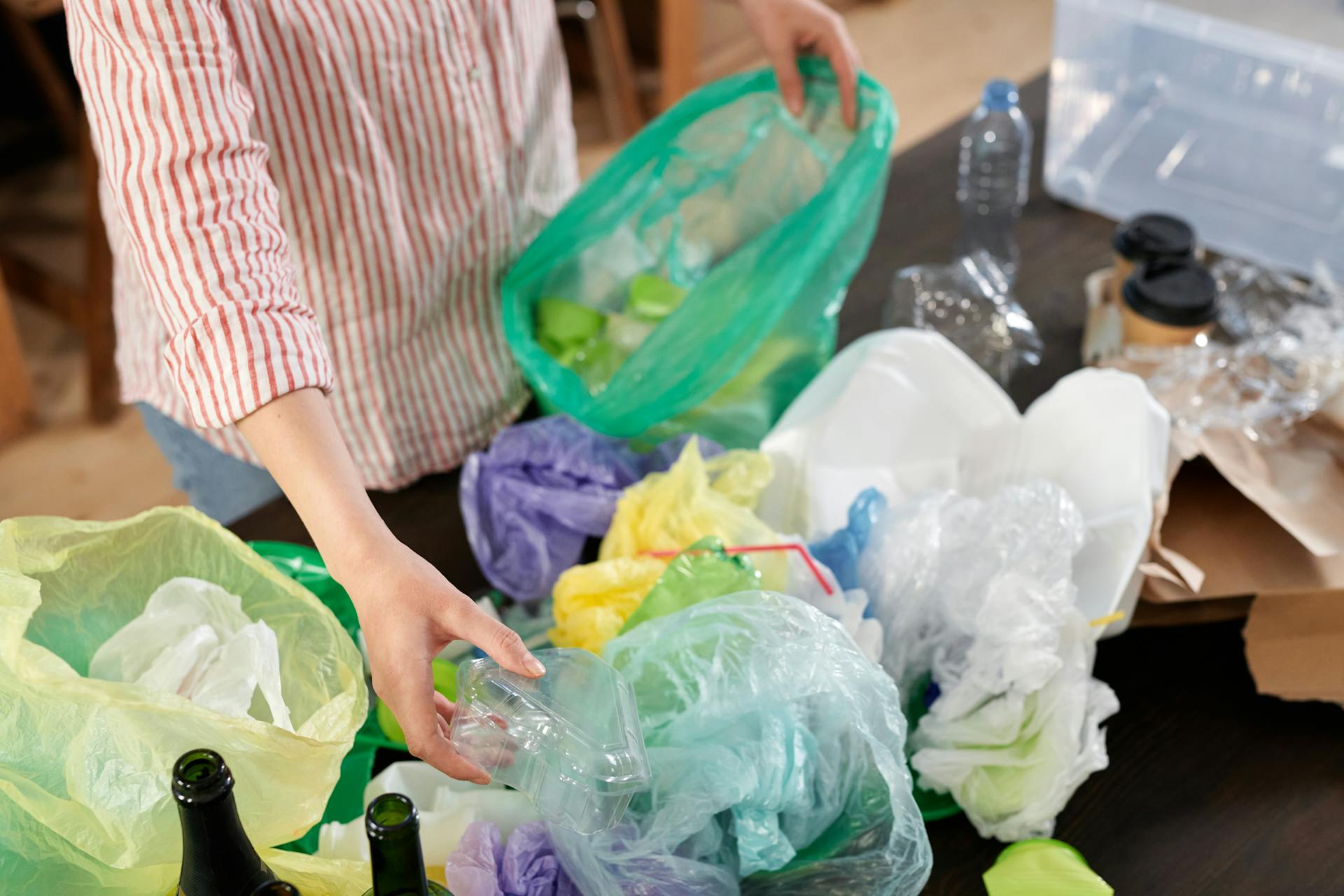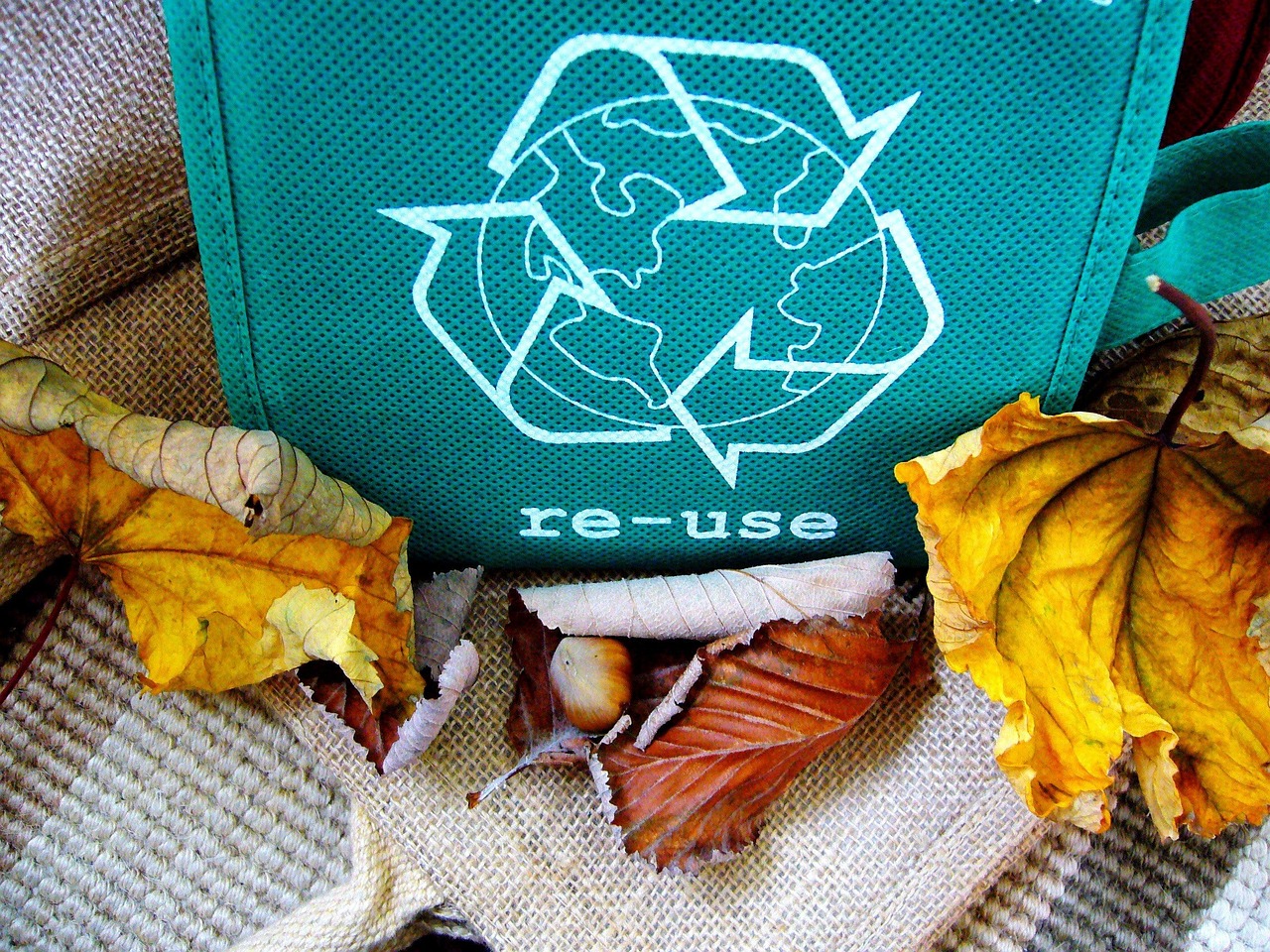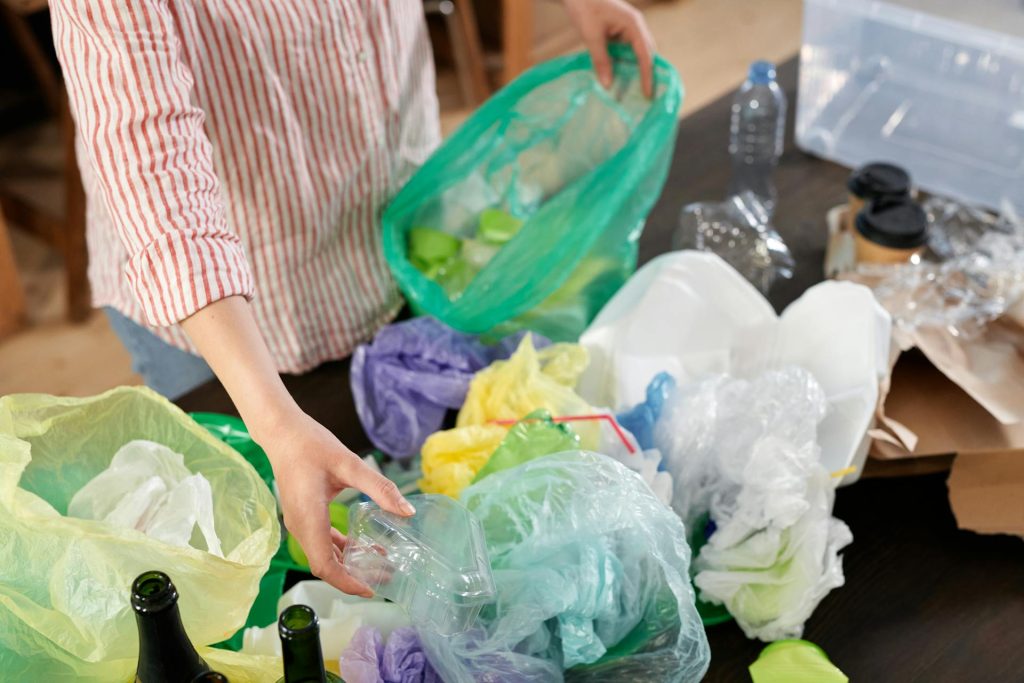When done effectively, recycling is considered one of the most effective steps toward environmental conservation. Lapses such as throwing of containers filled with grease or placing recyclable items in the wrong bins can cause the entire batch to be deemed non-recyclable. Recycling is not a phenomenon that can be practiced without adequate knowledge. It needs informed practice. This guide breaks down practices and methods for recycling better.

What Does Recycling Mean?
Recycling is reusing used materials in a new form to prevent them from ending up in already full landfills. It is the art of reusing items considered useless and discarded, and using them to create other useful products.
Recyclable materials are then transported to an MRF, sorted according to the type of material, and then processed for reprocessing. This is particularly the case with materials such as cardboard, since failure to sort and organize them properly means they will end up as waste. To know how to handle cardboard properly, visit the cardboard recycling service page to see the description of proper handling and other specifications. Note that the system will only function properly if the right items are placed in the bin.
Some things that should not be mixed include greasy food containers, non-recyclable plastics, or any other sticky item that may leave residues. That is why entire loads may be rejected and sent to the landfill, thus erasing all the positive goals set.
Best Practices for Effective Recycling
The following are some tips when it comes to the best practices of recycling:

Know Your Local Rules
Recycling can be done in various ways depending on the country, state, or region that one lives in. Depending on the city, some materials may be accepted while others may be rejected, thus causing contamination. It is therefore advisable to consult the local waste management service to get the most up-to-date recycling information.
Rinse and Empty
Food particles that are left on the recyclable items are capable of compromising the entire load. To avoid this, spend a few seconds on empty containers to remove any remaining liquids. This goes a long way in making sure that the recyclables you are dealing with are clean and can be reused. This is because most contaminated materials are not accepted, even if recyclable.
Don’t Bag Recyclables
Do not put recyclables inside plastic bags, unless your local program permits this type of disposal. These bags can become wedged in sorting equipment at MRFs and are a potential danger to employees. It is recommended that recyclables be disposed of loosely in the bin to enhance the efficiency of sorting. If bagging is mandatory in your region, use only clear, authorized plastic bags and consult the local ordinances.
Reduce First, Recycle Second
Promote reusable products, minimize the use of packaging, and avoid plastics that are used once and then disposed of. The smaller the quantity of waste we produce, the less we have to manage, and thus the fundamental negative impact on the environment is minimized. Reduced habits are easier to maintain in the long run than other habits.
Recycling the right way is about action that is informed. This way, by knowing what should be thrown in the bin, maintaining the cleanliness of the materials, and adhering to local protocols, one can be confident that the efforts being made are practical. Each properly recycled product helps improve the chain, reduce the amount of garbage on the planet, and preserve the environment.

Founder Dinis Guarda
IntelligentHQ Your New Business Network.
IntelligentHQ is a Business network and an expert source for finance, capital markets and intelligence for thousands of global business professionals, startups, and companies.
We exist at the point of intersection between technology, social media, finance and innovation.
IntelligentHQ leverages innovation and scale of social digital technology, analytics, news, and distribution to create an unparalleled, full digital medium and social business networks spectrum.
IntelligentHQ is working hard, to become a trusted, and indispensable source of business news and analytics, within financial services and its associated supply chains and ecosystems











